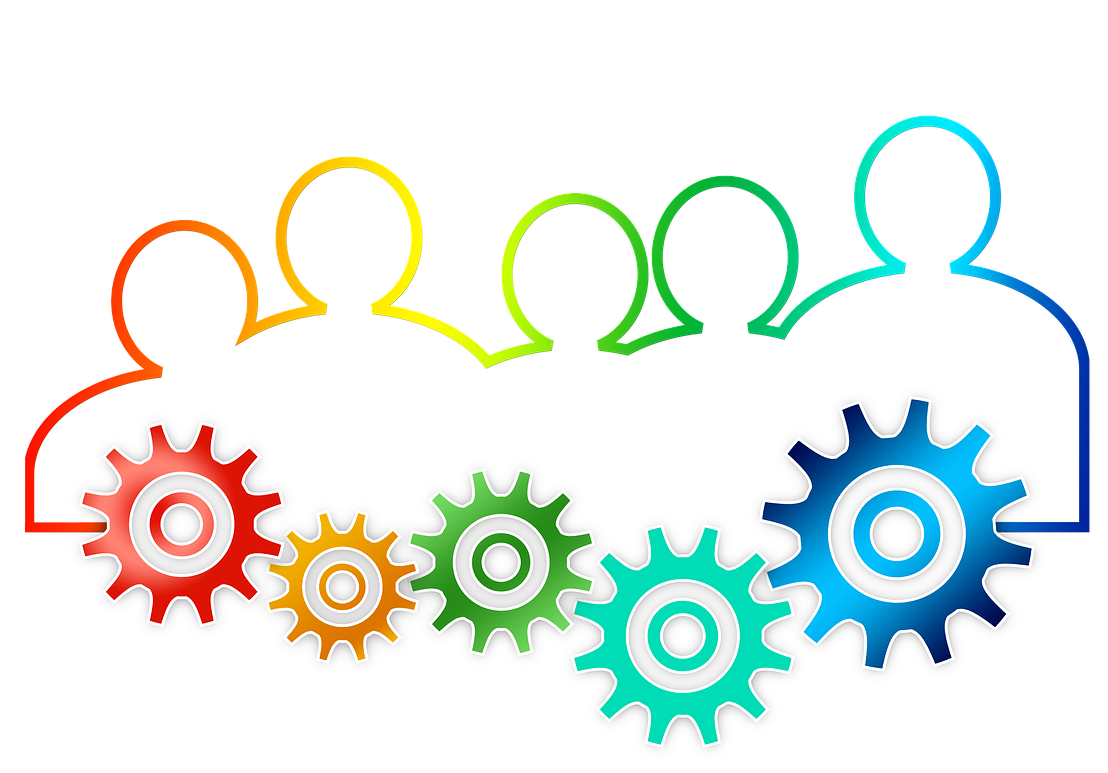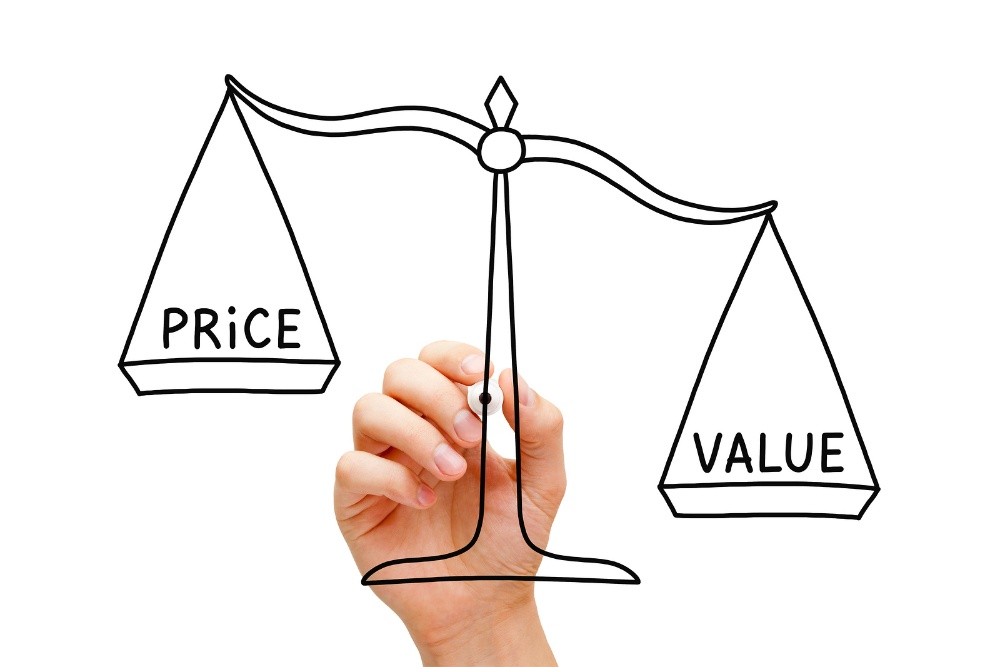Introduction:
Choosing the right marketing agency can be a game-changer for your business. With the right partner, you can unlock new growth opportunities, enhance brand visibility, and achieve your business goals more effectively. However, the process of selecting a marketing agency can be overwhelming, given the myriad of options available. To simplify your decision-making process, this blog will outline the key factors to consider when choosing a marketing agency.
1. Expertise and Specialization:
One of the most crucial factors to consider when choosing a marketing agency is their expertise and specialization. Not all agencies are created equal; some might specialize in digital marketing, while others excel in traditional advertising. It’s essential to identify your business’s specific needs and match them with an agency’s strengths.
Evaluate the Agency’s Core Competencies:
For instance, if your focus is on digital growth, look for an agency with a proven track record in SEO, PPC, social media marketing, and content creation. On the other hand, if your business needs brand building through offline channels, an agency with expertise in traditional marketing methods like print, TV, and radio ads would be a better fit. A specialized agency will have the right tools, strategies, and experience to cater to your unique needs.
2. Industry Experience:
Another important factor to consider is the agency’s experience within your industry. An agency that understands your industry’s nuances, challenges, and audience will be better equipped to create tailored marketing strategies that resonate with your target market. Industry-specific experience can significantly reduce the learning curve and allow the agency to hit the ground running.

Check Their Experience in Your Industry:
Ask for case studies or examples of past work in your industry. This will give you insight into their approach, creativity, and ability to drive results in your particular market. Agencies with relevant industry experience are more likely to understand your pain points and know which strategies are most effective for your business.
3. Reputation and Client Testimonials:
The reputation of a marketing agency is often a strong indicator of their reliability and performance. Before making a decision, take the time to research the agency’s track record. Look for client testimonials, reviews, and case studies that highlight their successes and failures.

Research Their Track Record and Client Feedback:
Positive testimonials and high ratings can provide reassurance that the agency delivers on its promises. However, don’t just rely on the reviews displayed on their website. Explore third-party review sites, social media, and industry forums to gather unbiased opinions. If possible, reach out to previous clients to ask about their experience with the agency. A reputable agency will have a history of satisfied clients and demonstrable results.
4. Transparency and Communication:
Effective communication is key to a successful partnership with a marketing agency. From the initial consultation to the execution of your marketing campaigns, the agency should maintain transparency and keep you informed at every stage.

Assess Their Openness and Communication Style:
During the selection process, evaluate how the agency communicates with you. Are they clear and honest about their strategies, timelines, and pricing? Do they take the time to understand your business goals and provide tailored solutions? A good agency will be open about their processes, provide regular updates, and be responsive to your inquiries.
Additionally, consider the tools and platforms they use for communication and reporting. An agency that uses advanced project management tools and provides real-time reporting will give you better visibility into the progress of your campaigns.
5. Creativity and Innovation:
In the ever-evolving world of marketing, creativity and innovation are essential for standing out in a crowded marketplace. When choosing a marketing agency, assess their ability to come up with fresh, original ideas that align with your brand’s vision.
Evaluate Their Ability to Think Outside the Box:
Review their portfolio to see the kind of creative work they’ve done in the past. Have they managed to create memorable campaigns that captured the audience’s attention? Do they have a knack for storytelling and visual design? A creative agency will not only bring innovative ideas to the table but will also be adept at executing them across various channels.
Remember, a marketing agency’s creativity can significantly impact your brand’s perception and the effectiveness of your campaigns. Choose an agency that consistently demonstrates out-of-the-box thinking and a willingness to experiment with new approaches.
6. Range of Services:
Another important consideration is the range of services the marketing agency offers. A full-service agency can handle all aspects of your marketing efforts, from strategy development to execution and analysis. This can be particularly beneficial if you need a comprehensive marketing solution that covers multiple channels.
However, if you require specialized services, such as SEO, content marketing, or video production, you may want to work with an agency that focuses specifically on those areas. Evaluate your business needs and determine whether you require a full-service agency or one that specializes in particular services. An agency with a diverse skill set can provide a more holistic approach to your marketing strategy.
7. Pricing and Value for Money:
Budget is always a critical factor when choosing a marketing agency. It’s essential to understand the agency’s pricing structure and ensure it aligns with your budget and the value they provide.

Align Their Pricing with Your Budget and Expectations:
While it may be tempting to go for the cheapest option, remember that you often get what you pay for. A low-cost agency may cut corners, leading to subpar results. Conversely, the most expensive agency is not necessarily the best fit for your business either. Look for an agency that offers transparent pricing and demonstrates value for money through their expertise, experience, and the quality of their work.
Request a detailed proposal that outlines the costs involved and the expected deliverables. This will help you compare different agencies and choose one that offers the best balance of cost and quality.
8. Cultural Fit and Working Relationship:
Finally, consider the cultural fit and working relationship you’ll have with the agency. A strong partnership is built on mutual respect, trust, and shared values. The agency’s culture should complement your own, making it easier to collaborate and achieve your business objectives.
During initial meetings, pay attention to the agency’s values, work ethic, and approach to problem-solving. Are they proactive, flexible, and willing to go the extra mile? Do they show a genuine interest in your business and a commitment to your success? A good cultural fit will ensure a smoother working relationship and better results in the long run.
Conclusion:
Choosing the right marketing agency is a critical decision that can have a profound impact on your business’s success. By considering factors such as expertise, industry experience, reputation, communication, creativity, range of services, pricing, and cultural fit, you can make a more informed choice and find a partner that aligns with your business goals. Remember, the right agency will not only help you achieve your marketing objectives but also become a valuable extension of your team.




